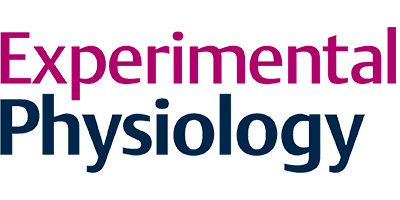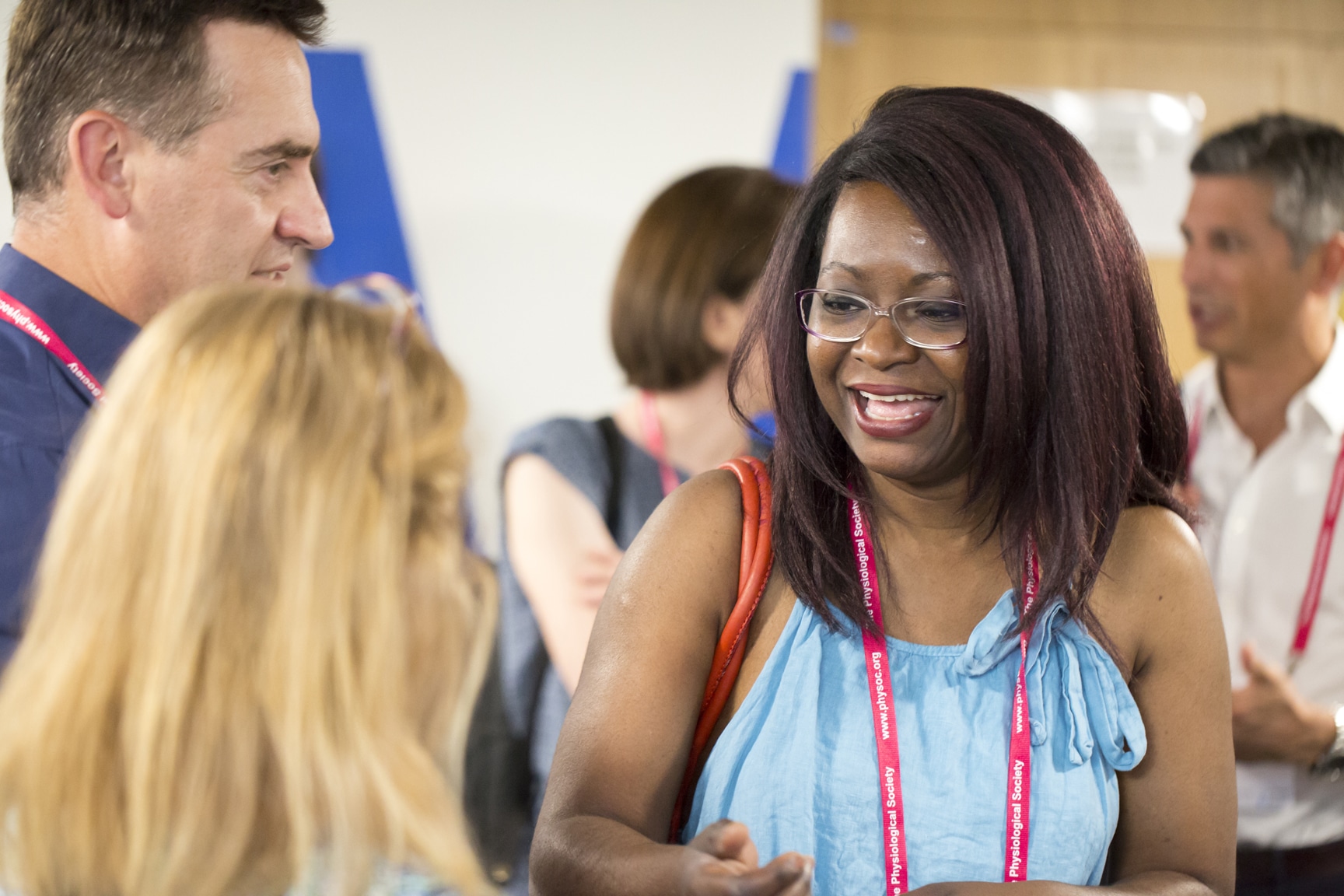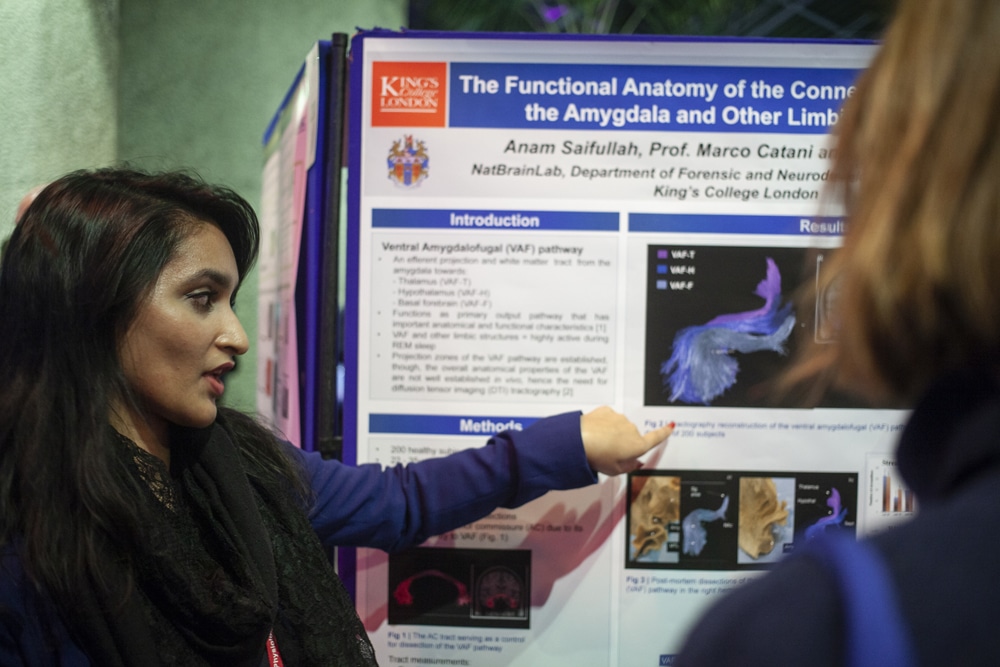
This satellite symposium, Fatigue as a limitation to performance, discussed how to overcome potential limitations to performance imposed by the cardiovascular and respiratory systems, muscle metabolism, and the central nervous system and the impact of training, environment and nutrition.
Symposium organisers
Organiser: Derek Ball, University of Abereen, UK
Co-organiser: Ron Maughan, University of St Andrews, UK
For publication in Experimental Physiology.

The neuromuscular system and fatigue
- 10:00 The role of the brain in the process of fatigue
- Romain Meeusen, Vrije Universiteit Brussels, Belgium
- 10:30 Environmental stress and neuromuscular fatigue
- Derek Ball, University of Aberdeen, UK
- 11:00 Nutritional strategies to offset fatigue
- Louise Burke, Australian Catholic University, Australia
- 11:30 C01 Post-exercise and pre-sleep protein-polyphenol supplementation attenuates NF-kB related signalling and improves recovery following muscle-damaging eccentric exercise
- Tom Jameson, University of Exeter, UK
- 11:45 C02 Characterisation of the decline in maximal voluntary isokinetic power during ramp-incremental cycle ergometry exercise
- Molly Baldwin, University of Leeds, UK
- 12:00 Transcriptional pathways of skeletal muscle protein synthesis and turnover are associated with the post-exercise protein and polyphenol supplementation mediated recovery from maximal eccentric contractions
- George Pavis, University of Exeter, UK
The cardiovascular system and fatigue
- 13:30 The central cardiovascular system as a limit to aerobic capacity
- Michael Joyner, Mayo Clinic Rochester, USA
- 14:00 The efficacy of pharmacological interventions to enhance performance
- David Cowan, King’s College London, UK
Muscle metabolism and fatigue
- 15:00 Metabolic control in the genesis of fatigue
- Niels Ortenblad, University of Southern Denmark, Denmark
- 15:30 High-intensity interval training as a strategy to combat fatigue
- Martin Gibala, McMaster University, Canada
- 16:00 Round table discussion
- Louise Burke, Australian Catholic University, Australia; Martin Gibala, McMaster University, Canada; Michael Joyner, Mayo Clinic Rochester, USA; Niels Ortenblad, University of Southern Denmark, Denmark; Chair Derek Ball, University of Abereen, UK and Ron Maughan, University of St Andrews, UK
- 16:30 C04 Carbohydrate ingestion is more beneficial for time trial performance in cycling than running
- Alistair Black, Leeds Beckett University, UK
- 16:45 C05 Cardiovascular consequences of fatiguing expiratory muscle work
- Tim Hardy, University of Leeds, UK
- 17:00 C06 The acute effect of ischemic preconditioning on cycling performance
- Zane Smite, University of Latvia, Latvia
- 17:15 C07 During maximal exercise frontal lobe oxygenation decreases despite elevation in middle cerebral artery flow velocity
- Stefanos Volianitis, Aalborg University, Denmark
Travel
For information on travelling to Aberdeen, please see Visit Aberdeen.
Physiology 2019 will be hosted at the Aberdeen Exhibition and Conference Centre, Exhibition Ave, Bridge of Don, Aberdeen AB23 8BL. The AECC is the largest convention centre in northern Scotland, hosting 600 events and welcoming over 300,000 visitors each year.
AECC sits right next to the A90. It’s only a 15-minute taxi ride from Aberdeen railway and bus stations in the city centre.
By Bus
- First Bus services – 1 and 2, Park and Ride X40
- Stagecoach services – 62, 63, 67, 68, 250


